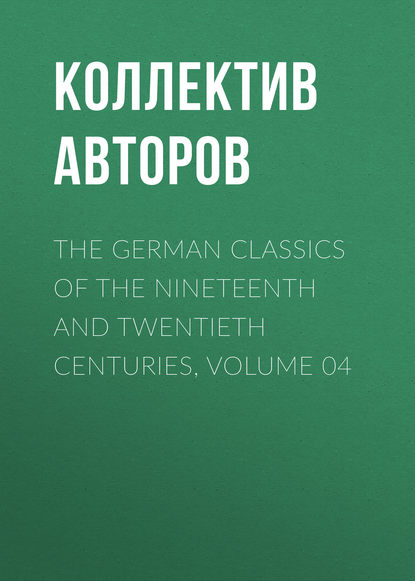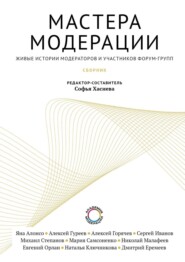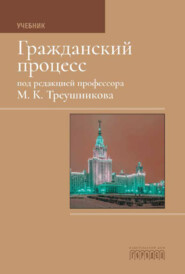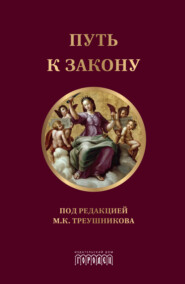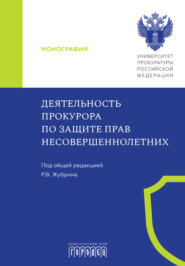По всем вопросам обращайтесь на: info@litportal.ru
(©) 2003-2024.
✖
The German Classics of the Nineteenth and Twentieth Centuries, Volume 04
Настройки чтения
Размер шрифта
Высота строк
Поля
To be sure my own negligence is to blame for it all. Perhaps too it was idiosyncrasy—that I wanted to share with you the entire present, without letting you know anything about the past and the future. Somehow it went against my feelings, and I regarded it too as superfluous; for, as a matter of fact, I gave you credit for a great deal of intelligence.
O Antonio, if I could be doubtful about the eternal truths, you might have brought me to the point of regarding that quiet, beautiful friendship, which is based merely upon the harmony of being and living together, as something false and perverse.
Is it now still incomprehensible if I quite go over to the other side? I renounce refined enjoyment and plunge into the wild battle of life. I hasten to Edward. Everything is agreed upon. We will not only live together, but we will work and act in fraternal unison. He is rough and uncouth, his virtue is strong rather than sensitive. But he has a great manly heart, and in better times than ours he would have been, I say it boldly, a hero.
II
It is no doubt well that we have at last talked with each other again. I am quite content, too, that you did not wish to write, and that you spoke slightingly of poor innocent letters because you really have more genius for talking. But I have in my heart one or two things more that I could not say to you, and will now endeavor to intimate with the pen.
But why in this way? Oh, my friend, if I only knew of a more refined and subtle mode of communicating my thoughts from afar in some exquisite form! To me conversation is too loud, too near, and also too disconnected. These separate words always present one side only, a part of the connected, coherent whole, which I should like to intimate in its complete harmony.
And can men who are going to live together be too tender toward each other in their intercourse? It is not as if I were afraid of saying something too strong, and for that reason avoided speaking of certain persons and certain affairs. So far as that is concerned, I think that the boundary line between us is forever destroyed.
What I still had to say to you is something very general, and yet I prefer to choose this roundabout way. I do not know whether it is false or true delicacy, but I should find it very hard to talk with you, face to face, about friendship. And yet it is thoughts on that subject that I wish to convey to you. The application—and it is about that I am most concerned—you will yourself easily be able to make.
To my mind there are two kinds of friendship. The first is entirely external. Insatiably it rushes from deed to deed, receives every worthy man into the great alliance of united heroes, ties the old knot tighter by means of every virtue, and ever aspires to win new brothers; the more it has, the more it wants. Call to mind the antique world and you will find this friendship, which wages honest war against all that is bad, even were it in ourselves or in the beloved friend—you will find this friendship everywhere, where noble strength exerts influence on great masses, and creates or governs worlds. Now times are different; but the ideal of this friendship will stay with me as long as I live.
The other friendship is entirely internal. A wonderful symmetry of the most intimately personal, as if it had been previously ordained that one should always be perfecting himself. All thoughts and feelings become social through the mutual excitation and development of the holiest. And this purely spiritual love, this beautiful mysticism of intercourse, does not merely hover as the distant goal of a perhaps futile effort. No, it is only to be found complete. There no deception occurs, as in that other heroic form. Whether a man's virtue will stand the test, his actions must show. But he who inwardly sees and feels humanity and the world will not be apt to look for public disinterestedness where it is not to be found.
He only is capable of this friendship who is quite composed within himself, and who knows how to honor with humility the divinity of the other.
When the gods have bestowed such friendship upon a man, he can do nothing more than protect it carefully against everything external, and guard its holy being. For the delicate flower is perishable.
LONGING AND PEACE
Lightly dressed, Lucinda and Julius stood by the window in the summer-house, refreshing themselves in the cool morning air. They were absorbed in watching the rising sun, which the birds were welcoming with their joyous songs.
"Julius," asked Lucinda, "why is it that I feel a deep longing in this serene peace?"
"It is only in longing that we find peace," answered Julius. "Yes, there is peace only when the spirit is entirely free to long and to seek, where it can find nothing higher than its own longing."
"Only in the peace of the night," said Lucinda, "do longing and love shine full and bright, like this glorious sun."
"And in the daytime," responded Julius, "the happiness of love shines dimly, even as the pale moonlight."
"Or it appears and vanishes suddenly into the general darkness," added Lucinda, "like those flashes of lightning which lighted up the room when the moon was hidden."
"Only in the night," said Julius, "does the little nightingale utter wails and deep sighs. Only in the night does the flower shyly open and breathe freely the fragrant air, intoxicating both mind and senses in equal delight. Only in the night, Lucinda, does the bold speech of deep passion flow divinely from the lips, which in the noise of the day close with tender pride their sweet sanctuary."
LUCINDA
It is not I, my Julius, whom you portray as so holy; although I would fain wail like the nightingale, and although I am, as I inwardly feel, consecrated to the night. It is you, it is the wonderful flower of your fantasy which you perceive in me, when the noise has died down and nothing commonplace distracts your noble mind.
JULIUS
Away with modesty and flattery! Remember, you are the priestess of the night. Even in the daylight the dark lustre of your abundant hair, the bright black of your earnest eyes, the majesty of your brow and your entire body, all proclaim it.
LUCINDA
My eyes droop while you praise, because the noisy morning dazzles and the joyous songs of the merry birds strengthen and awe my soul. At another time my ear would eagerly drink in my lovely friend's sweet talk here in the quiet, dark coolness of the evening.
JULIUS
It is not vain fantasy. My longing for you is constant and everlastingly unsatisfied.
LUCINDA
Be it what it may, you are the object in which my being finds peace.
JULIUS
Holy peace, dear friend, I have found only in that longing.
LUCINDA
And I have found that holy longing in this beautiful peace.
JULIUS
Alas, that the garish light is permitted to lift the veil that so concealed those flames, that the play of the senses was fain to cool and assuage the burning soul.
LUCINDA
And so sometimes the cold and serious day will annihilate the warm night of life, when youth flies by and I renounce you, even as you once more greatly renounced great love.
JULIUS
Oh, that I might show you my unknown friend, and her the wonder of my wondrous happiness.
LUCINDA
You love her still and will love her forever, though forever mine.
That is the wonder of your wondrous heart.
JULIUS
No more wondrous than yours. I see you, clasped against my breast, playing with your Guido's locks, while we twain in brotherly union adorn your serious brow with eternal wreaths of joy.
LUCINDA
Let rest in darkness, bring not forth into light, that which blooms sacredly in the quiet depths of the heart.
JULIUS
Where may the billow of life be sporting with the impulsive youth whom tender feeling and wild fate vehemently dragged into the harsh world?
LUCINDA





